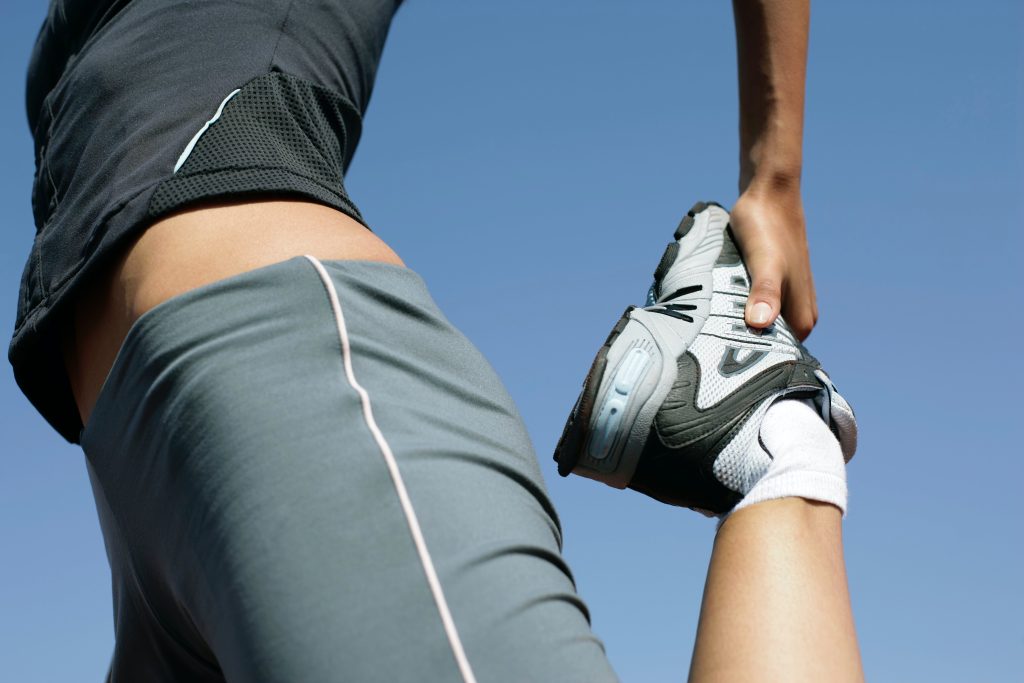What is B Grade in Shoes? Unraveling the Mystery Behind Your Footwear Quality
What is B Grade in Shoes? In the world of footwear, there are numerous terms and classifications that might leave you puzzled. One such term that often raises questions is “B Grade.” What exactly does it mean when your favorite pair of shoes is labeled as B Grade? Let’s dive deep into this topic, demystify the terminology, and understand how it impacts the quality of your footwear.

Decoding the Terminology
What is B Grade in Shoes?
When you spot the label “B Grade” on a pair of shoes, it signifies that the shoes have minor imperfections or flaws that prevent them from meeting the manufacturer’s strict quality standards. These imperfections can range from cosmetic issues like uneven stitching, minor scuffs, or slight color variations to structural concerns that don’t compromise the shoe’s functionality but fall short of the brand’s premium quality benchmarks.
Understanding the Origin of B Grade Shoes
B Grade shoes are not necessarily defective in terms of performance. Instead, these imperfections are often superficial and don’t affect the shoe’s overall comfort or durability. Brands usually categorize shoes as B Grade to avoid confusion among consumers who expect flawless products when purchasing items at full price.
The Benefits of B Grade Shoes
A. Cost-Effectiveness for Consumers
One of the significant advantages of B Grade shoes is their affordability. Since these shoes don’t meet the brand’s primary quality standards, they are sold at a lower price point, making them an attractive option for budget-conscious consumers. This affordability allows individuals to access stylish and comfortable footwear without breaking the bank.
B. Environmental Sustainability
Opting for B Grade shoes also contributes to environmental sustainability. By purchasing shoes with minor imperfections, consumers reduce the demand for new manufacturing, which, in turn, lessens the environmental impact associated with the production process. Choosing B Grade shoes aligns with the growing trend of eco-conscious consumerism.
Should You Buy B Grade Shoes?
A. Consider Your Preferences and Budget
When deciding whether to purchase B Grade shoes, it ultimately comes down to your personal preferences and budget. If minor imperfections don’t bother you and you’re looking for a cost-effective footwear option, B Grade shoes can be an excellent choice. However, if you prioritize flawlessness and are willing to invest in premium quality, you might opt for A Grade shoes instead.
B. Check the Warranty and Return Policy
Before making a purchase, it’s essential to check the warranty and return policy provided by the retailer. While B Grade shoes come with a lower price tag, it’s crucial to ensure that you have recourse in case of significant defects that affect the shoe’s functionality. Understanding the retailer’s policies can help you make an informed decision.
Conclusion
In summary, B Grade shoes offer a budget-friendly and environmentally conscious alternative for consumers seeking quality footwear without the premium price tag. By understanding the terminology and weighing your preferences, you can make an informed decision when choosing between B Grade and A Grade shoes. Embrace imperfections, save money, and contribute to a more sustainable future—one step at a time.
FAQs About B Grade Shoes
Q1: Are B Grade shoes brand new? Yes, B Grade shoes are brand new; they have never been worn before. The term “B Grade” refers to minor imperfections that don’t affect the shoe’s performance.
Q2: Can B Grade shoes be returned or exchanged? Policies vary by retailer. It’s essential to review the specific return and exchange policies of the retailer where you make your purchase.
Q3: Do B Grade shoes come with a warranty? Some retailers offer warranties on B Grade shoes. However, the coverage may differ from that of A Grade shoes. Always check the warranty details before buying.
Q4: How can I identify B Grade shoes? B Grade shoes are typically labeled as such on the product or packaging. Additionally, retailers may provide information about the B Grade classification on their websites.
Q5: Are B Grade shoes comfortable to wear? Yes, B Grade shoes are designed to be comfortable and functional. The minor imperfections do not impact their overall comfort or wearability.




Leave a comment